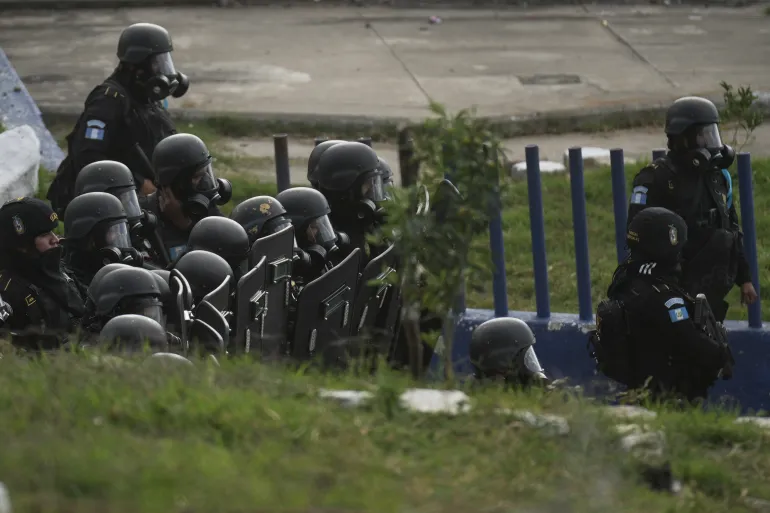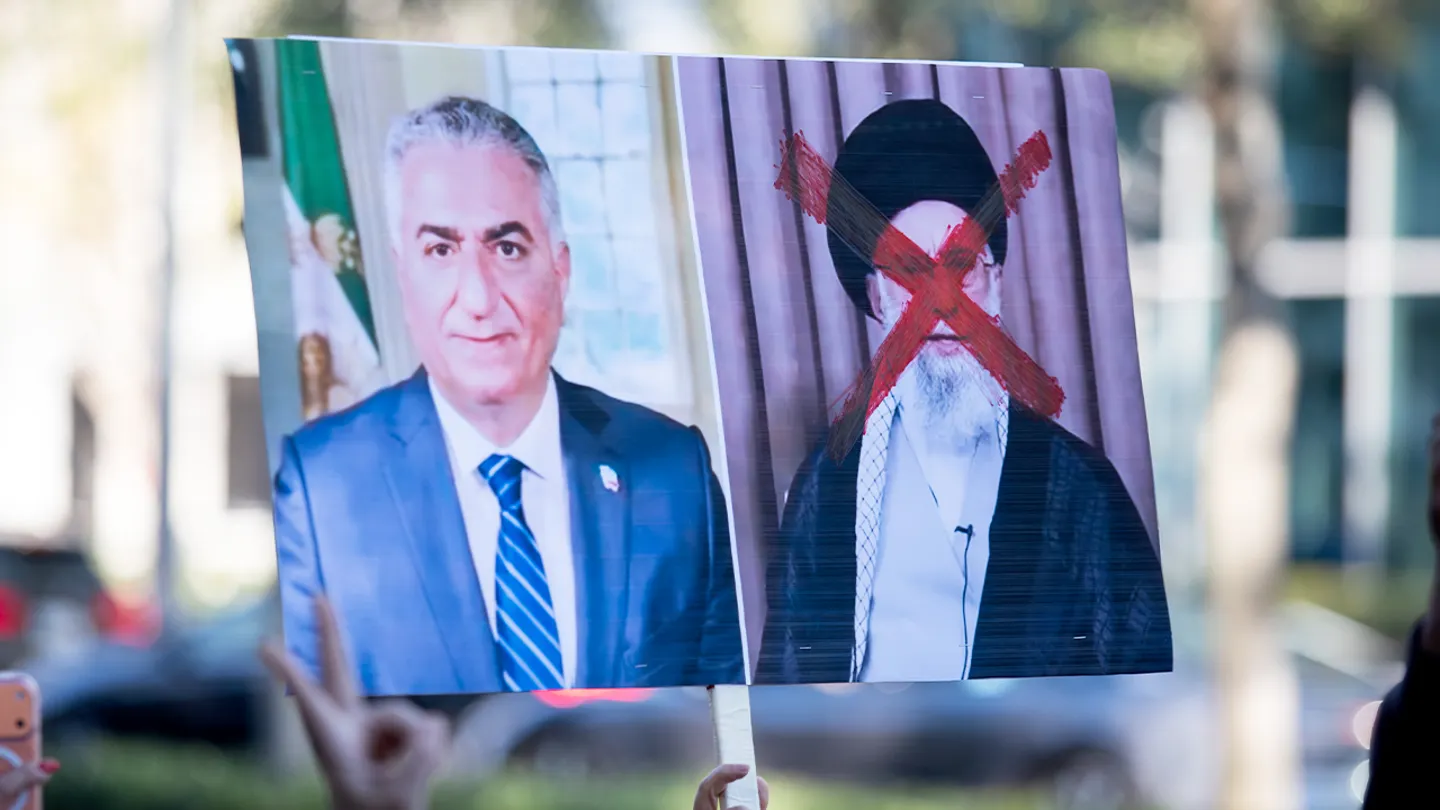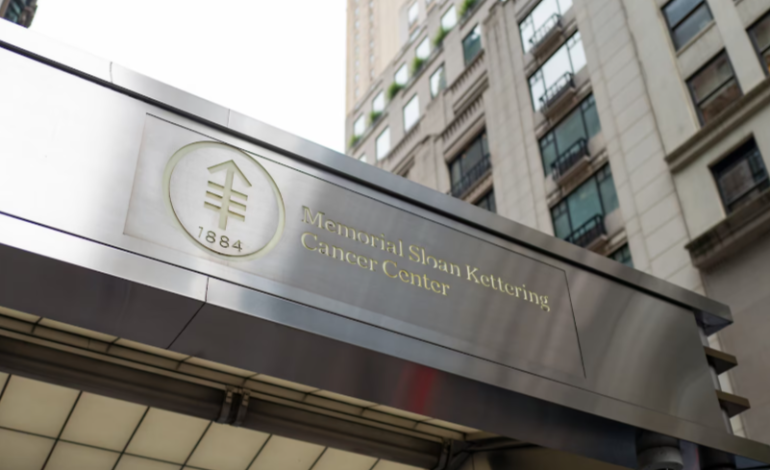A new study published in the New England Journal of Medicine highlights the promising potential of an immunotherapy drug, dostarlimab, to eliminate tumors in some patients with early-stage cancers—allowing many to avoid invasive surgery and traditional treatments such as chemotherapy or radiation.
The clinical trial, conducted at Memorial Sloan Kettering Cancer Center (MSK) in New York City, involved 103 patients diagnosed with various early-stage cancers. These patients shared a specific genetic trait known as a “mismatch repair defect,” a mutation that impairs the cell’s ability to repair DNA damage. This defect occurs in about 2–3% of all cancer cases and is known to make tumors more responsive to immunotherapy.
Among those treated with dostarlimab, 82 participants experienced a complete response, meaning their tumors disappeared after six months of treatment. Particularly notable were the results in 49 patients with early-stage rectal cancer—all of whom avoided surgery and remained cancer-free two years later. Among the earliest participants, some have now reached five years without recurrence, and a few were able to have children—an outcome that likely would not have been possible had they undergone standard therapy.
Dostarlimab, developed by GSK, is designed to help the immune system detect and destroy cancer cells by targeting mechanisms that allow tumors to evade immune attacks. The drug currently costs around $11,000 per dose, with a typical course involving nine infusions over six months. While it is already approved for uterine cancers with mismatch repair mutations, its broader use will depend on further studies and updates to clinical treatment guidelines.
The trial also included patients with cancers of the stomach, esophagus, liver, endometrium, urinary tract, and prostate. Among them, 35 of 54 patients saw their tumors disappear and did not need surgery. However, some patients did choose surgery for personal reasons, and a small number experienced recurrence, which was successfully managed with further treatment.
Despite the encouraging outcomes, researchers caution that the findings come from a single institution and a carefully selected patient group. The study included relatively small numbers for each cancer type, and many patients are still being monitored to assess long-term effectiveness.
Dr. Luis Diaz, head of the Division of Solid Tumor Oncology at MSK and co-author of the study, emphasized the significance of the results, calling the ability to eliminate the need for surgery in even a small subset of patients “transformational.” Dr. Andrea Cercek, another co-author, noted the ongoing efforts to expand the trial beyond MSK and reach a broader patient population.
With input from ABC News and the New York Times.










The latest news in your social feeds
Subscribe to our social media platforms to stay tuned